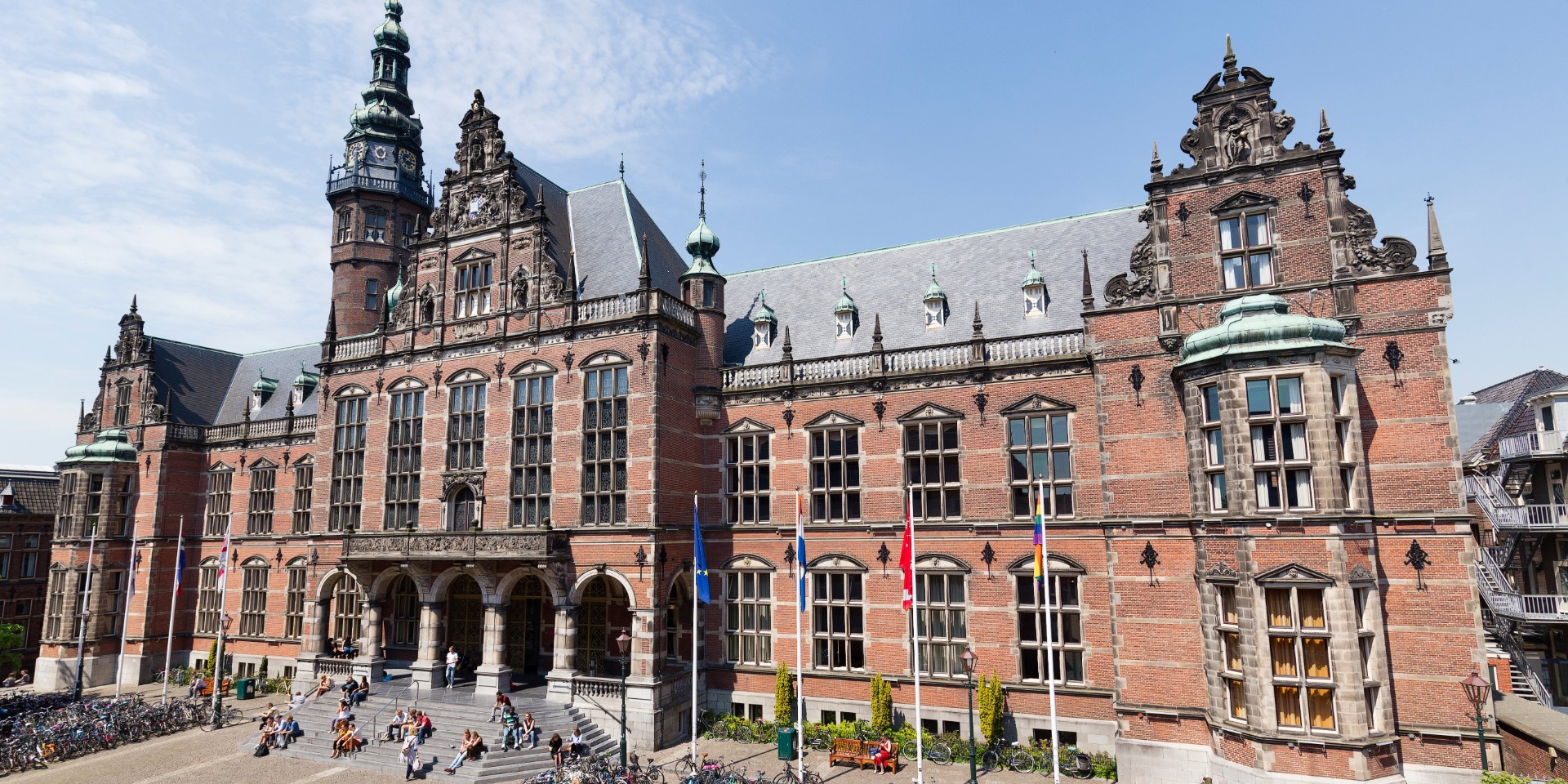Are you an aspiring researcher with a background in algebraic topology? Then join the Department of Mathematics as a PhD Candidate. You will carry out research in mathematics at the highest scientific level within a friendly and welcoming atmosphere, with a balanced and international team that helps you discover your potential.
The Department of Mathematics at Radboud University (Nijmegen, Netherlands) is seeking an outstanding and highly motivated PhD candidate to work on a PhD project in homotopy theory. You will work on a PhD project under the supervision of Dr. Steffen Sagave. The position is funded for 4 years and has a light teaching load (10%). You will be encouraged to participate in relevant conferences, workshops and seminars, and to communicate your findings through publications in peer-reviewed journals. Upon successful completion, you will be awarded a PhD degree from Radboud University. We particularly encourage applications from underrepresented groups.
Profile
- You hold a Master's degree in Mathematics (or an equivalent degree), completed before the start date.
- You have a strong background in algebraic topology or related areas.
- You have excellent writing and communication skills.
We are
Algebraic topology is one of the research areas of the Department of Mathematics at Radboud University. The field is represented by Dr Magdalena Kedziorek and Dr Steffen Sagave. The department has a friendly and welcoming atmosphere with researchers in related areas including algebraic and arithmetic geometry, differential geometry, operator algebras, and representation theory. There is a good balance of junior and senior staff, and of Dutch and international researchers. We regularly organise research seminars as well as various informal events throughout the year. Moreover, algebraic topologists at Radboud University are part of a larger network of Dutch algebraic topologists who regularly interact and meet for seminars and other events. There are more than 20 PhD candidates in the Mathematics Department.
Radboud University
We want to get the best out of science, others and ourselves. Why? Because this is what the world around us desperately needs. Leading research and education make an indispensable contribution to a healthy, free world with equal opportunities for all. This is what unites the more than 24,000 students and 5,600 employees at Radboud University. And this requires even more talent, collaboration and lifelong learning. You have a part to play!
We offer
- Employment for 1.0 FTE.
- The gross starting salary amounts to €2,443 per month based on a 38-hour working week, and will increase to €3,122 in the fourth year (salary scale P).
- You will receive 8% holiday allowance and 8.3% end-of-year bonus.
- You will be employed for an initial period of 18 months, after which your performance will be evaluated. If the evaluation is positive, the contract will be extended by 2.5 years (4 year contract).
- You will be able to use our Dual Career and Family Care Services. Our Dual Career and Family Care Officer can assist you with family-related support, help your partner or spouse prepare for the local labour market, provide customized support in their search for employment and help your family settle in Nijmegen.
- Working for us means getting extra days off. In case of full-time employment, you can choose between 29 or 41 days of annual leave instead of the legally allotted 20.
Additional employment conditions
Would you like more information?
For questions about the position, please contact Steffen Sagave, Assistant Professor at +31 24 365 2296 or steffen.sagave@ru.nl
Practical information and applications
- A letter of motivation including a short summary of your Master's thesis.
- Your CV including contact details of at least one academic reference, preferably the Master project supervisor.
- Transcript of records for Bachelor's and Master's studies.
- A copy of the Master's thesis (if already completed).
The first round of Interviews will take place in the week of 28 March 2022.
You would begin employment no later than 1 September 2022.
We can imagine you're curious about our application procedure. It offers a rough outline of what you can expect during the application process, how we handle your personal data and how we deal with internal and external candidates.
We drafted this vacancy to find and hire our new colleague ourselves. Recruitment agencies are kindly requested to refrain from responding.


